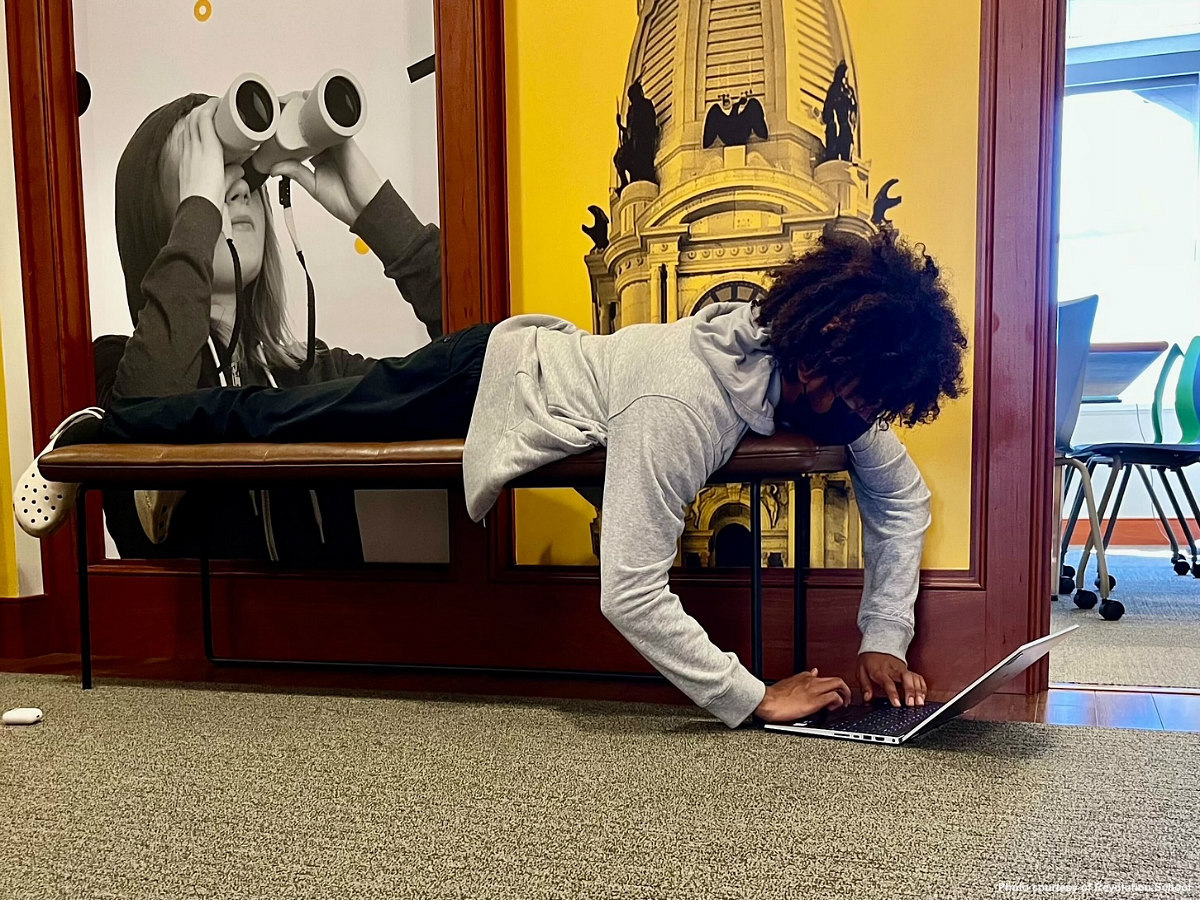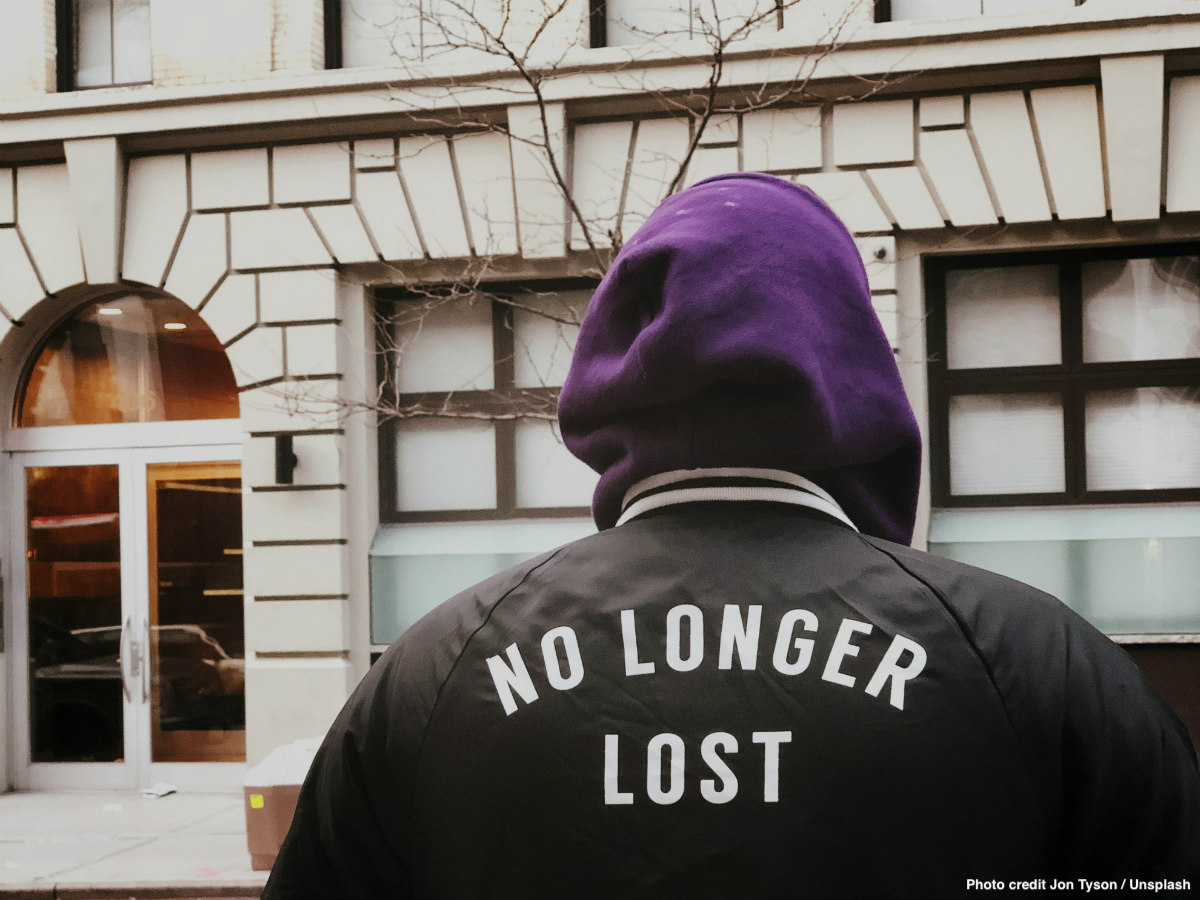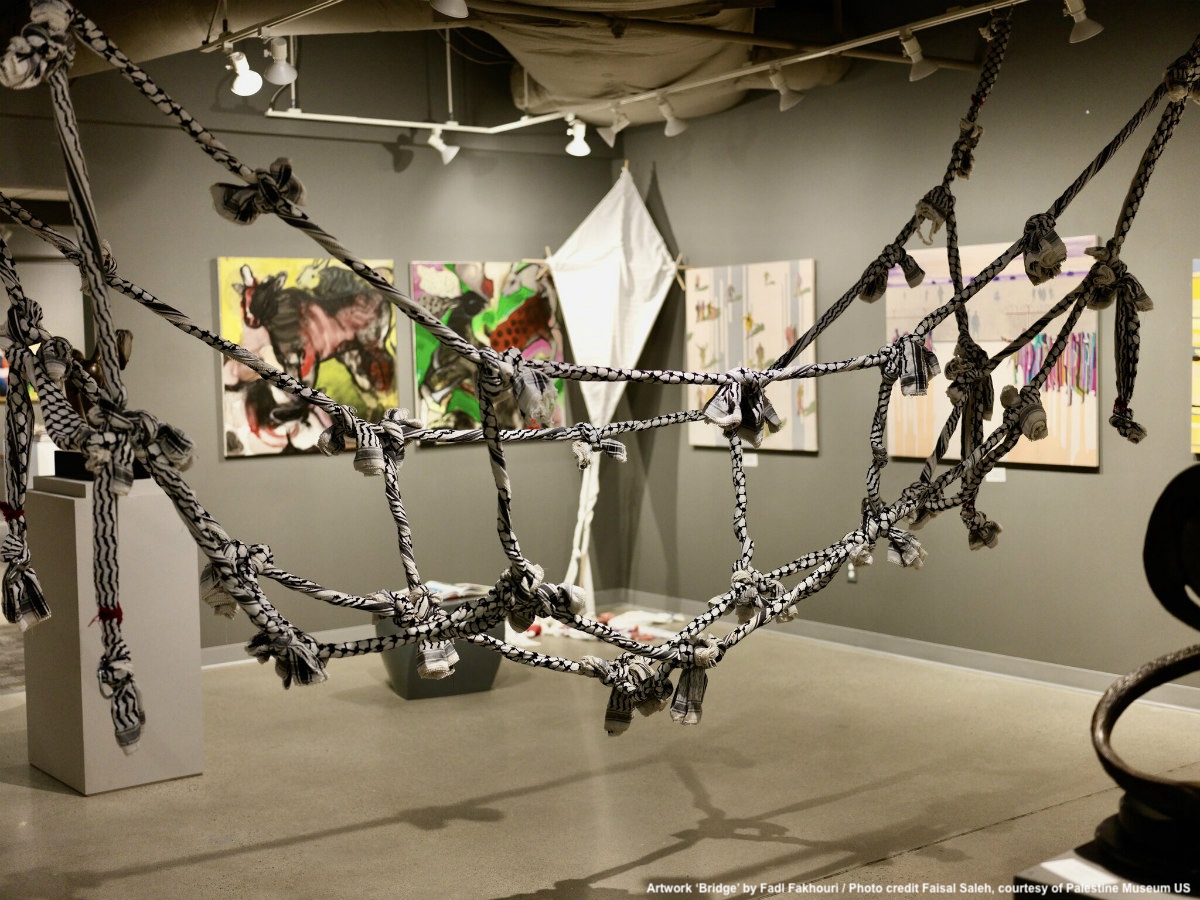In 1999, Wyatt Tee Walker, Dr. King’s strategist and a Harlem leader, met a successful equity-fund manager named Steven Klinsky. This Wall Street star, who invested part of his time in the creation of an academic after school program in Brooklyn, had caught sight of Walker’s new community building behind his church. Klinsky needed space to create a school from scratch and transform the current model of education, in particular in poverty-stricken neighbourhoods.
To accomplish that goal, he looked for the support of community leaders, called on the advice of educational experts, while he would give the funds and technical advice. Pastor Walker saw the opportunity to team up with Klinsky.
Walker had moved to Harlem and witnessed daunting problems; education was one of them which never seemed to get better. Parents were willing to take the risk of sending their children to a new school in search of a better education than they were able to find in existing public schools.
Immediately after the charter school law was passed in New York in the last days of 1998, Harlem’s first charter school, Sisulu-Walker, opened with enough students in September 1999. Its inauguration made history in New York seven years after the first charter-school law was passed in Minnesota in 1991.
Charter schools, publicly funded but privately run, came as an innovation to transform education. This model freed schools from the straitjacket of convention and rules imposed by traditional state schools. Ember Reichgott Junge, former state senator in Minnesota, first authored the first-in-nation charter school law in 1991.
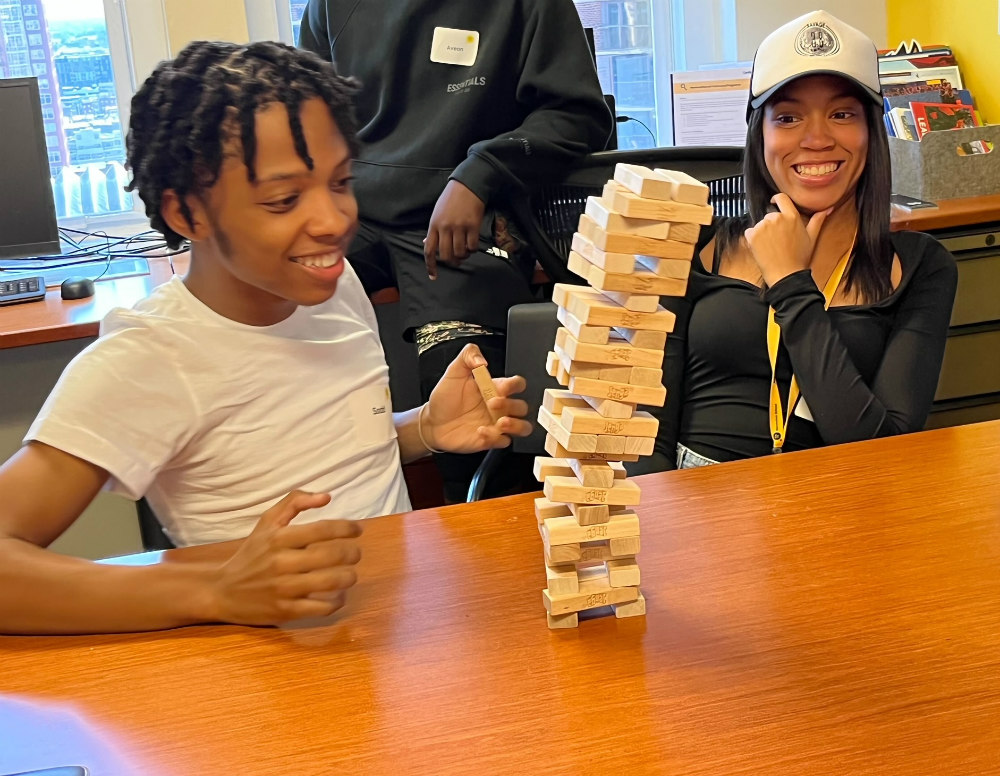
She offered various defences for her stance on charter schools. But her most intriguing argument was that the idea came from a committee called the Citizens League of People. They were community leaders, business leaders, union leaders, people who only care about improving public education, with no political agenda: “Charter schools succeeded because it was a bipartisan initiative from the middle of the political spectrum that arose from visionary citizens outside the political system.”
At a time when public education was in trouble and schools weren’t meeting the needs of the students of America, as stated in the national report “A Nation at Risk” in 1983, “good ideas came from the outside, ” said Reichgott Junge at a conference at Duke University School of Law.
It wasn’t an easy path for Reichgott Junge, and she encountered lots of resistance including opposition from the United Federation of Teachers. But she took a “stand for chance” and unlocked an education movement across the country.
Will history be as kind to the next learning revolution?
Increasingly, advocates agree that the education system is outdated. The New York Times reported recently that “New York City Schools Face a Crisis”. Even during the pandemic, a plurality of people moved from traditional school models and teachers are keen to work in new school models. Only 42% of US adults say that they are satisfied with US education. Americans’ satisfaction with schools was at a near-record high of 51% in 2019 before dropping slightly each year since. People want to see new action in education.
When students are in charge of their education, it prepares them to be in charge of their lives.
Perhaps a new learning revolution may have already begun in Philadelphia. This year, a small school named Revolution School will have its first full graduating class. Revolution School has 21 students from 16 different zip codes across the city. Their classroom embodies the complexity of Philadelphia through the different experiences of the students and has become a space to understand each other’s challenges.
Philadelphia is a city of over 80 different zip codes with extremely different circumstances, even if the neighbourhoods are situated directly next to each other. In terms of income level, you will find that less than 15 fall into the upper middle class category, and the rest are in extreme poverty and in academic death zones. Where you live in Philadelphia, defines your life.
Revolution School was founded in 2019 to disrupt the fundamental view of a classroom. Gina Moore, a big supporter of the city, was at the helm of the founding team. She is also a founding partner at AJO Vista, an equity investment management firm. She applied her financial background to the education sector, and years of experience taught Moore a great deal about schools and the challenges facing education today.
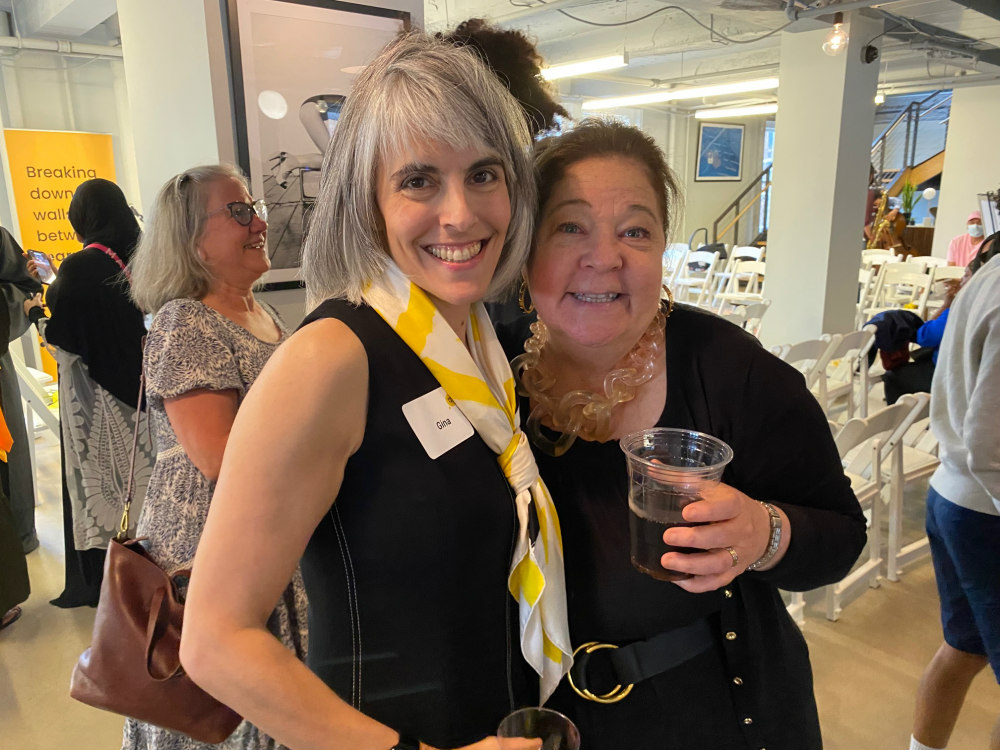
The existing shortcomings of education systems and their deficiencies in equity, jeopardising learning outcomes, made Moore an unlikely activist to transform education and make this type of learning available to all.
As we met over Zoom, she introduced me to Marshall Mitchell, pastor in the Salem Baptist Church and Board Member of Revolution School. His background has been a win for Moore’s mission. Mitchell was chief of staff for former US Representative Floyd Flake (D-NY) from New York’s 6th district, one of the most outspoken voices for reform issues between 1987 and 1997. In fact, Mitchell co-authored New York State’s charter school law and helped open the state’s first charter school.
Moore started the idea of the school with a group of adults interested in progressive education and shared the common belief that failure has to be acceptable for a successful outcome. It gives confidence to students, in what they learn and what they need to learn. “When students are in charge of their education, it prepares them to be in charge of their lives,” says Moore.
She affirms that Revolution School truly cares about the students’ future. Learning becomes tangible. Education is being done by students and allows them to have agency over their future and the world around them. “As opposed to the current American education system where the institution rather takes over and the students are second, we, at Revolution School, practice teaching that puts you first,” says Mitchell.
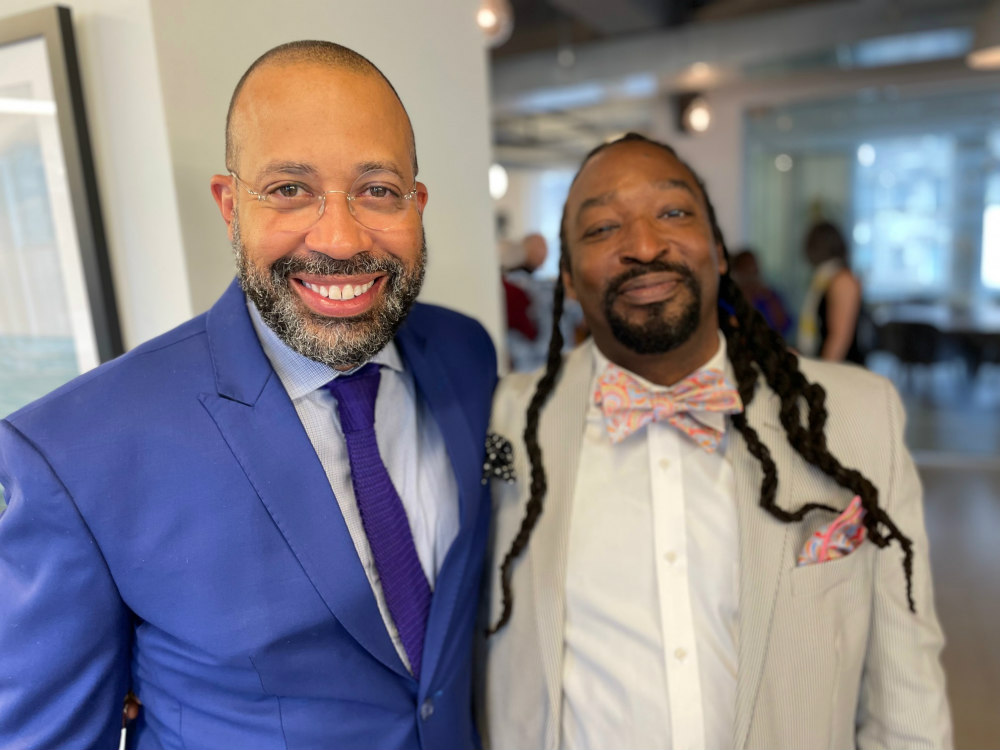
The educational approach is an argument over how change happens. And can happen in the city of Philadelphia. Life is complex and it is not separated into subjects; says Moore, “our approach encourages students to break down the walls between learning and life.” The classroom is just one place to put learning into action—the full potential of civic life occurs daily at your local public library, museums and any other public spaces available for people of all backgrounds. And unlike the classroom, these places are open to all. Often students of the Revolution School “use” the city — go out to its libraries, green spaces, and museums — while saving space costs at the school.
“In general, schools are not taking advantage of the richness of the city, although the benefits are for all institutions. Museums are starving for visitors, while schools have students starving for knowledge.” Furthermore, adds Mitchell, “these interactions are beneficial for the students. It changes their relationship with the city. They can feel their ownership.”
Both Mitchell and Moore think the need to transform education is both necessary and urgent because while we live in an age of great innovation advances, somehow our education systems don’t adjust to our time. In other words, despite enormous transformation in other fields, we can’t crack education.
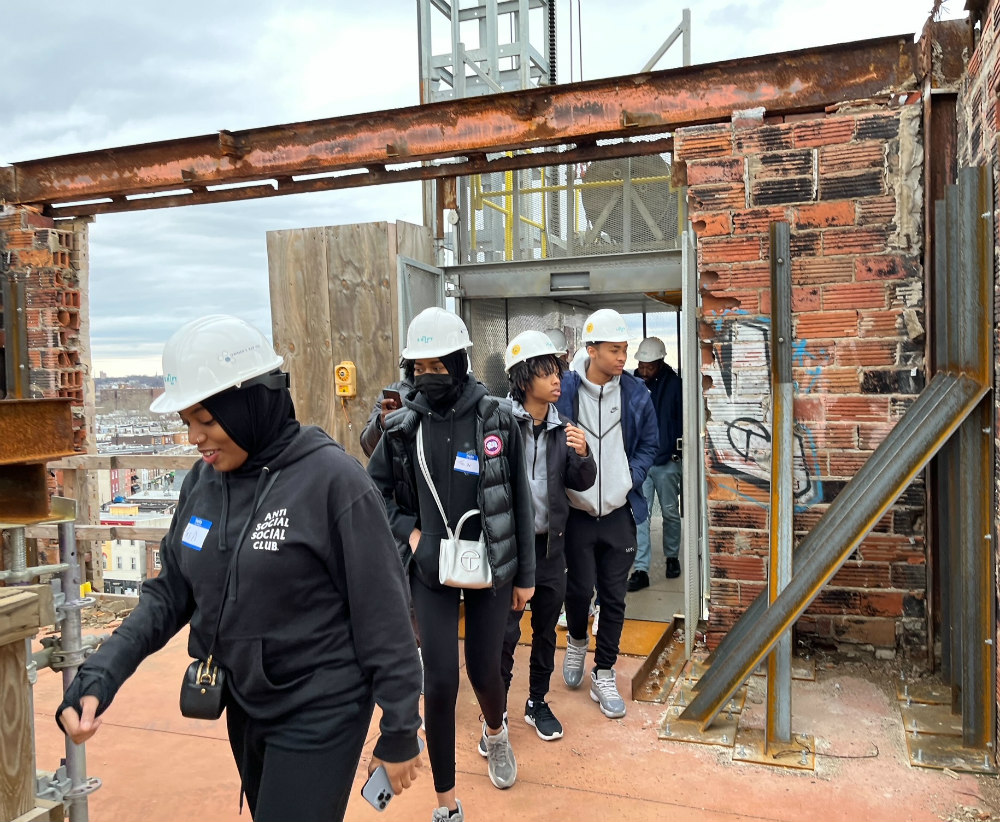
“Our great challenge in America today is to believe that we can change course. Americans grow a lot less optimistic and people are victimised by poor public education. They don’t think they can perform otherwise.” This is what, Marshall Mitchell among others, believes. Americans are challenged that this diversity can work together.
As for Moore, she is not only reinventing the classroom but also the market. Her finance experience has been put to good use to develop a feasible financial plan for the school. While the fees have to be affordable to bring all economic levels of students together, Moore estimates that a manageable size to break even is around 80 to 100 students at the school.
She has used a significant sum of her personal money to set the school into motion, the rest came from other private individuals. They are following a formula different from public funding because it will be incompatible to their goal. “Otherwise you would find yourself looking for a fit-into-the-box solution and the school would be stifled by an education system that still adheres to norms set in the early 90s,” says Moore.
When I suggested that the need to transform education seems evident to advance our society, but it doesn’t seem to be A-level in the policies agenda, Mitchell immediately responded that “somebody has to be the first”. The real and the greatest challenge is to convince people. Some are visionaries, others not. Yet the alchemy between Moore and Mitchell – a business woman and an unconventional community leader – could transform education into the next revolution.
